Supporting lower-income households with financial assistance for basic living expenses, including school fees
What We Do
Financial Assistance & Social Support
Residential & Shelter Support
Residential care programmes for children and young persons.
More detailsHow to help rough sleepers and initiatives to support them.
More detailsTemporary accommodation to homeless individuals and families.
More detailsCare, reception and rehabilitation of destitute persons.
More detailsLong-term accommodation for lower-income elderly with little or no family support.
More detailsResidential care for children and adults with disabilities
More detailsProtection from Domestic Violence
A 24h helpline at 1800-777-0000 or go.gov.sg/navh. If there is imminent danger to safety, please call the Police at 999 or SMS 70999.
More detailsResidential care programmes for children and young persons.
More detailsCourt-ordered counselling to help those who have experienced or used domestic violence.
More detailsKey legislation that safeguards the care, protection and rehabilitation of children and young persons.
More detailsRehabilitation
A range of holistic policies and programmes that address rehabilitative needs.
More detailsResidential care programmes for children and young persons.
More detailsIssued to children or young persons below 16 who display serious behavioural challenges.
More detailsA community-based rehabilitation option which could be ordered by the Court for people who have committed offence(s).
More detailsIncludes Community Service, Community Service Order and Probation with Detention Order.
More detailsFor suitable youth offenders aged below 21 who committed minor offences.
More detailsCommunity-based outreach, engagement and intervention programme for youths aged 12-21 who are out of school and not working.
More detailsMSF-appointed social service agencies that run a suite of MSF-funded services primarily for youth offenders below 21 years old.
More detailsOverseeing efforts to prevent offending, re-offending and enhance rehabilitation.
More detailsRehabilitation of youth at the Singapore Boys' Home and Singapore Girls' Home.
More detailsSupports probationers on their rehabilitation journey.
More detailsMSF and NCSS have produced an occasional paper that examines the impact of parental criminality on child criminality in Singapore.
More detailsKey legislation that safeguards the care, protection and rehabilitation of children and young persons.
More detailsDisability Services
Comprehensive support for employment of persons with disabilities
More detailsSupport for getting around Singapore and improving technology availability for persons with disabilities
More detailsAccessible dental and medical support for persons with disabilities
More detailsCommunity-based care and skills training for persons with disabilities.
More detailsSupport for parents or primary caregivers of persons with disabilities.
More detailsResidential care for children and adults with disabilities
More detailsEnhanced developmental and therapy services for young ones at risk of developmental delays.
More detailsA United Nations human rights treaty for individuals with disabilities.
More detailsChild development, Early Intervention, managing transition and other family support.
More detailsHow to build high quality elderly and disability facilities.
More detailsProblem Gambling Assistance
MSF and the National Council on Problem Gambling work closely to minimise the social impact and ills of problem gambling.
More detailsNo results found. Please try another search.
Marriage Journey
Marriage education programmes for couples of various needs.
More detailsMarriage preparation programme supported by MSF, MUIS and ROMM.
More detailsInformation on how to get married in Singapore.
More detailsBetter support for those undergoing divorce and their children.
More detailsInformation on a Social Report for custody disputes and the process involved.
More detailsEmpowering the Courts to order new sanctions against defaulters.
More detailsChildren & Families
Support for families with three or more children: grants, credits and privileges for Singaporeans.
More detailsSupport for couples to have more children by lightening child-raising costs.
More detailsLeave schemes to support Singaporeans in having and raising children.
More detailsCare and education for children between 2 months and below 7 years.
More detailsResources, knowledge and skills for parents to build a strong, happy family.
More detailsSupport for caregivers of PwDs who lack mental capacity to be appointed as deputies.
More detailsMandatory Counselling, Positive Parenting Programme (Triple P) and Special Marriage License.
More detailsInitiatives for businesses to adopt strategies, infrastructure and services that cater to families.
More detailsInformation for couples who decide to proceed with divorce.
More detailsA treaty which comprehensively provides for the rights of children.
More detailsBooklet to educate children and their caregivers on child rights.
More detailsIntroduction to Intensive Family Preservation in the Singapore context.
More detailsGuidelines for care centres that wish to provide care services to infants toddlers aged 2 - 18 months.
More detailsPractical resource on child care centre operational matters for parents.
More detailsResource for child care centres in providing a developmentally appropriate curriculum for young children.
More detailsStories and favourite recipes of foster families in Singapore.
More detailsProtection of children from situations of armed conflict.
More detailsMSF believes that the family is the basic building block of society.
More detailsGuidelines for sellers and prospective buyers of child care centres.
More detailsWomen Empowerment
Promoting and achieving sustained increases in the number of women on boards.
More detailsThe White Paper on Singapore Women’s Development the shared vision of Singaporeans and outlines 25 actions to advance Singapore women’s development.
More detailsThe Progress on Singapore Women's Development Report encapsulates Singapore women’s progress in various domains and policy initiatives since the white paper’s release.
More detailsList of schemes, assistance and resources available for women.
More detailsProtecting the rights of women and girls and providing legal basis for equality between husband and wife.
More detailsA United Nations human rights treaty for women.
More detailsCommemorative forum, video and brochure.
More detailsSocial Service Agencies & Partners
Support and advice for SSAs to secure premises for their activities.
More detailsGrant to carry out Cyclical Maintenance for facilities.
More detailsHow to register your SSA, form a trust or apply for Institution of Public Character (IPC) status.
More detailsSupport for the operations and facilities of community-based and residential services.
More detailsSchemes to develop SSA capabilities and capacities.
More detailsFunding support for Social Service Agencies and professionals to improve their competencies.
More detailsMSF funds Therapy Hubs in a number of Social Service Agencies.
More detailsHelp for Social Service Agencies to deliver quality psychology services.
More detailsraiSE was set up to raise awareness on social entrepreneurship and support for social enterprises.
More detailsFund-raising and engagement arm of the National Council of Social Service (NCSS).
More detailsAnnual community outreach and fund-raising campaign.
More detailsFind out more about why your consent is required and how your information is used during the administration of social service and financial assistance schemes.
More detailsKey ingredients needed for effective implementation and evaluation of a project.
More detailsEnhancing manpower and skills development for the social service sector.
More detailsDocumenting social work practice with vulnerable families in the SFT Pilot.
More detailsThis publication features the success stories of 10 accomplished social enterprises in Singapore. Through the insightful sharing by their founders on the highs and lows of their respective journeys, we hope you will be motivated to support them, and perhaps even be inspired to start your own social enterprise to benefit the disadvantaged in our community.
More detailsSocial and community services offer various social and community services.
More detailsApproach to managing data when social services and assistance is sought.
More details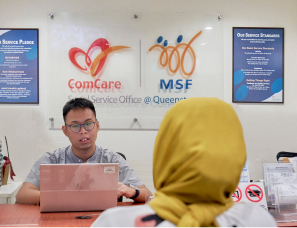
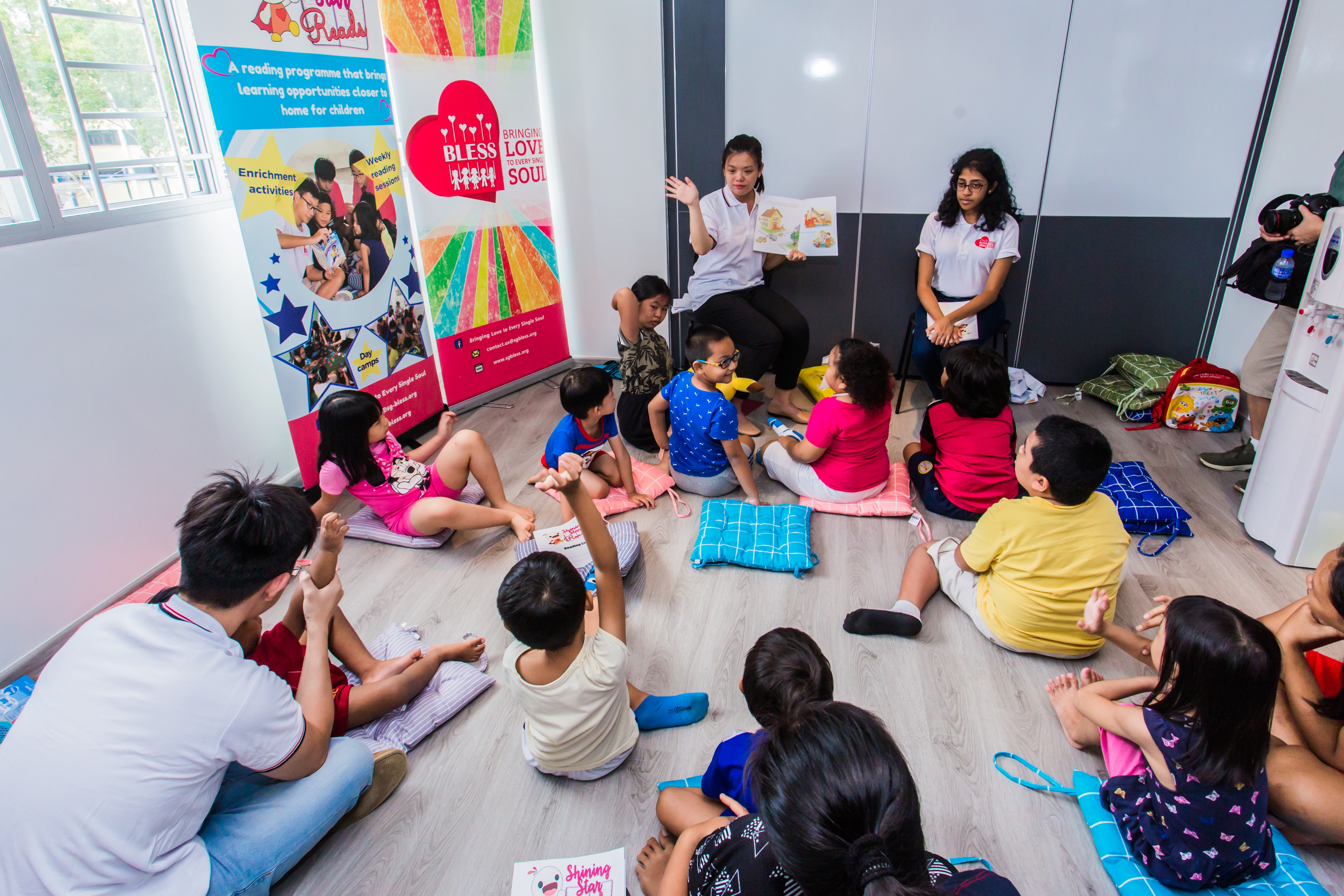

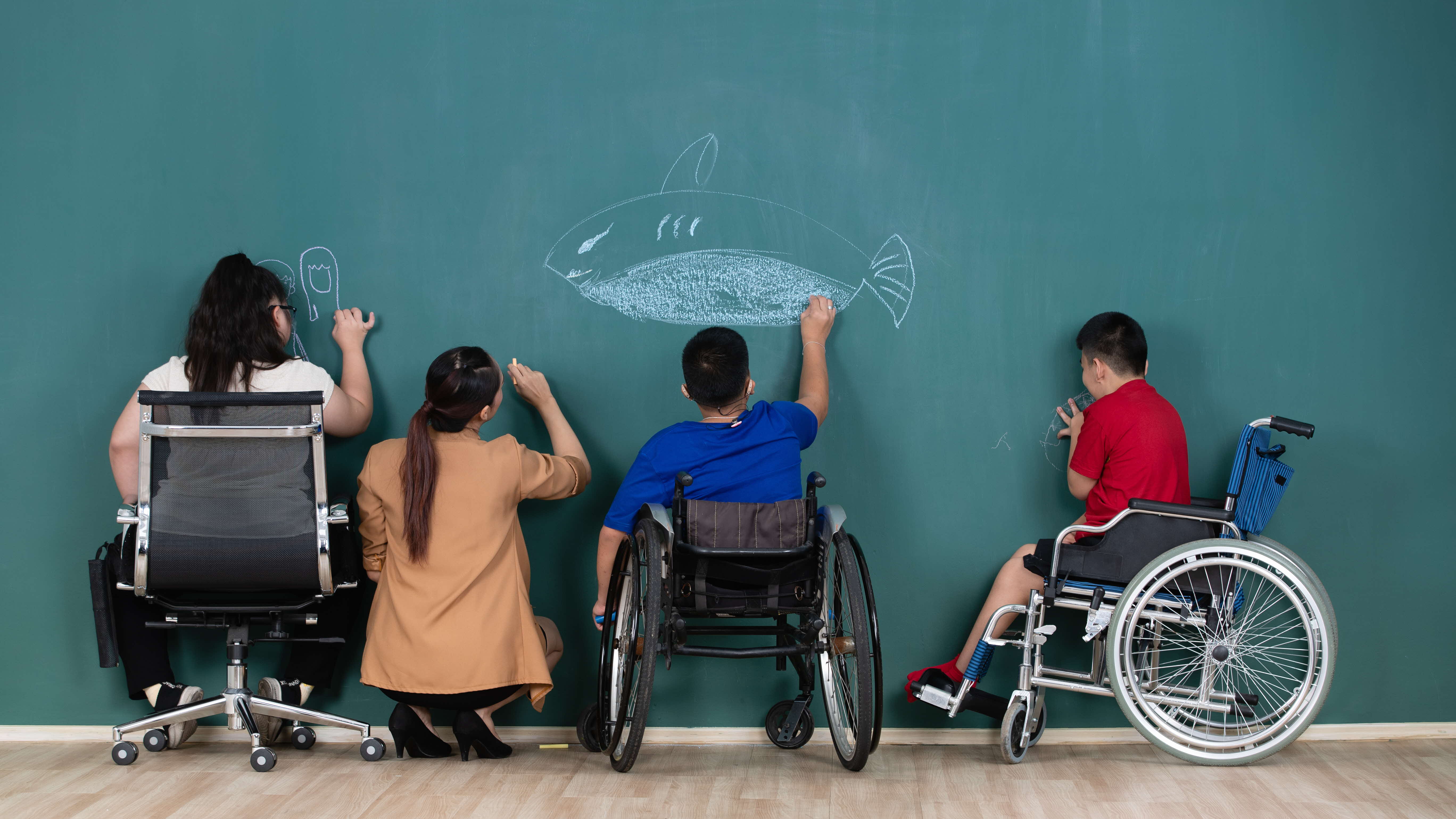
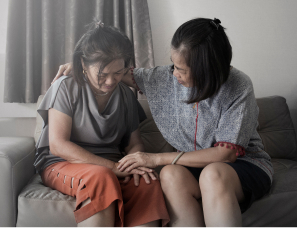


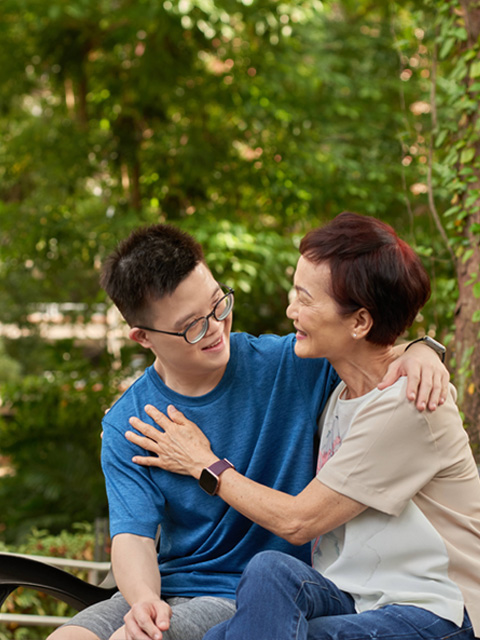
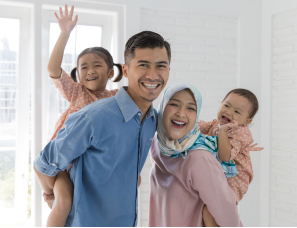

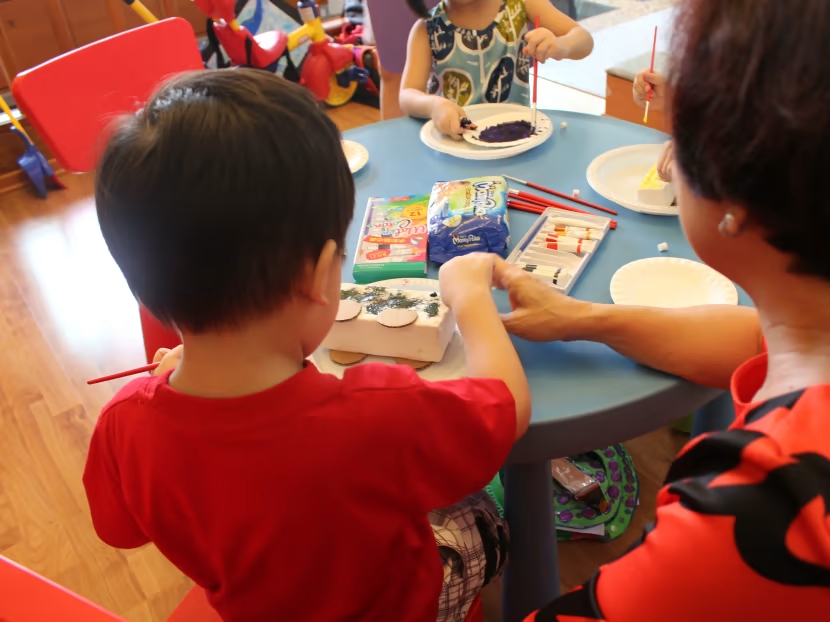
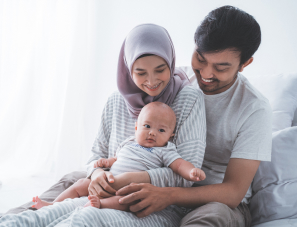

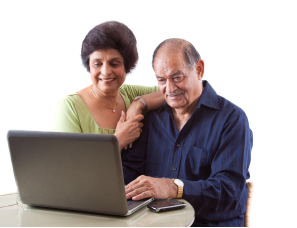
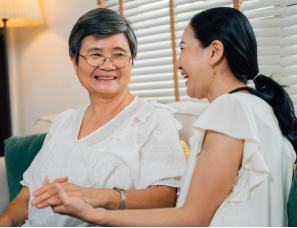
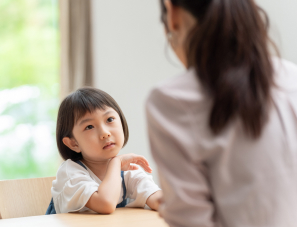
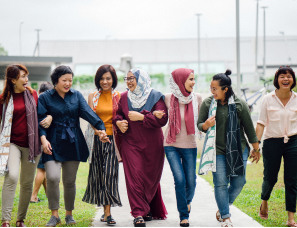

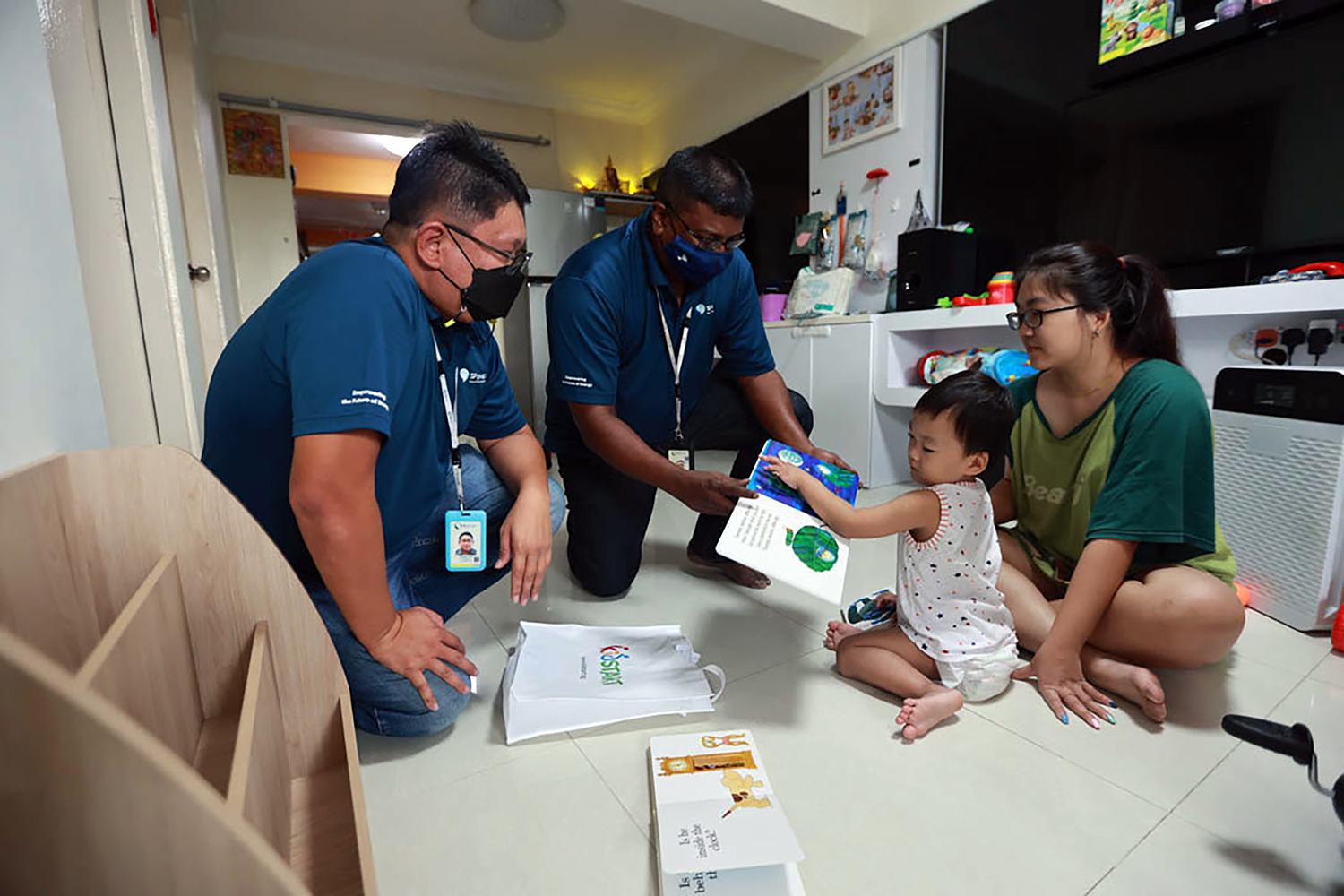
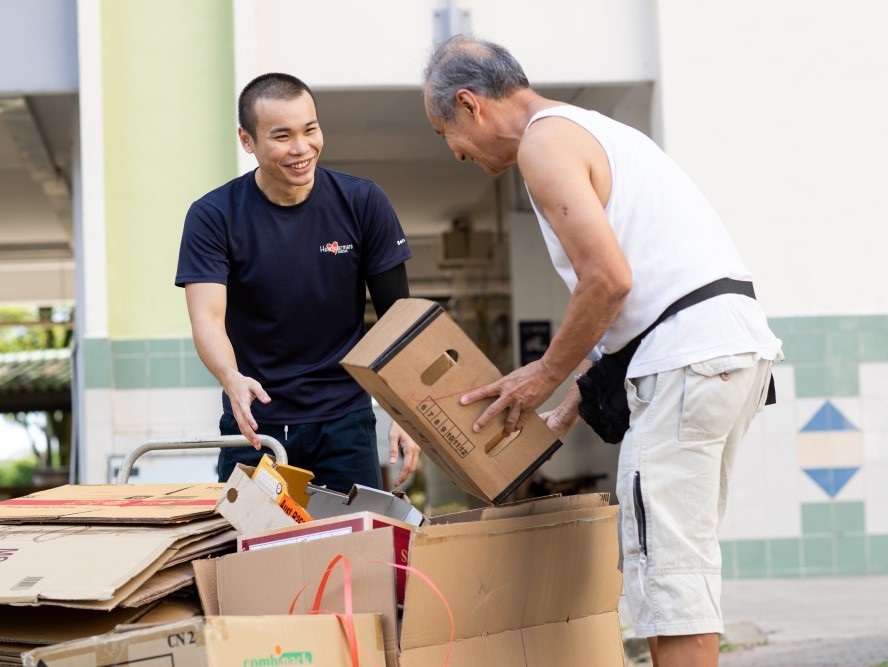

Social Service Professionals
Tips and information for social work practitioners from the Office of the Director-General of Social Welfare (ODGSW)
To recognise and celebrate the contributions of professionals in the social service sector
Career pathways, existing and emerging skills, training programmes and more.
Developing individuals who have strong leadership qualities to lead in the social service sector.
Funding support for Social Service Agencies and professionals to improve their competencies.
MSF funds Therapy Hubs in a number of Social Service Agencies.
Find out more about why your consent is required and how your information is used during the administration of social service and financial assistance schemes.
Key ingredients needed for effective implementation and evaluation of a project.
Enhancing manpower and skills development for the social service sector.
Documenting social work practice with vulnerable families in the SFT Pilot.
Social and community services offer various social and community services.
Approach to managing data when social services and assistance is sought.